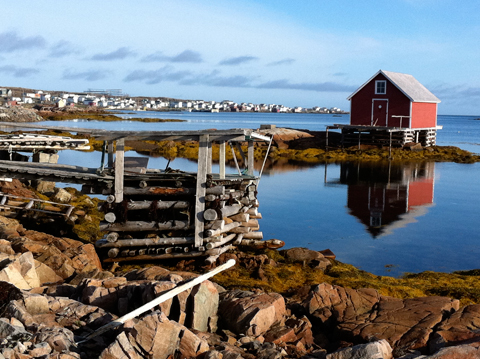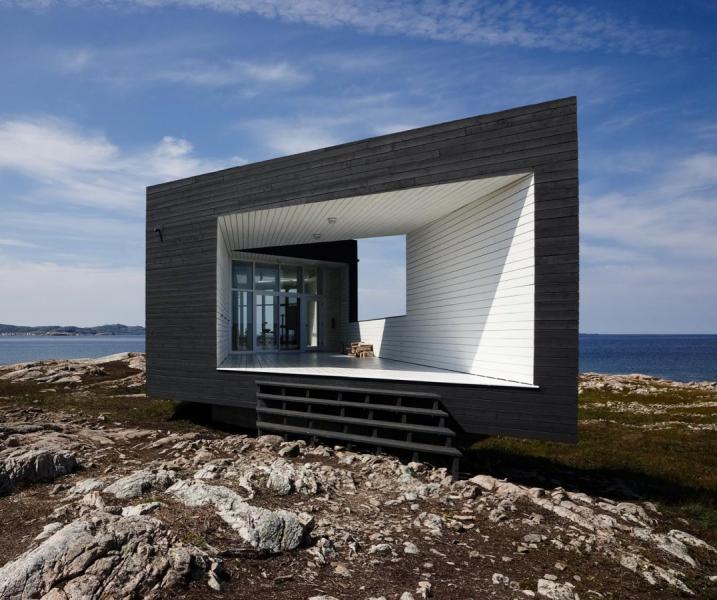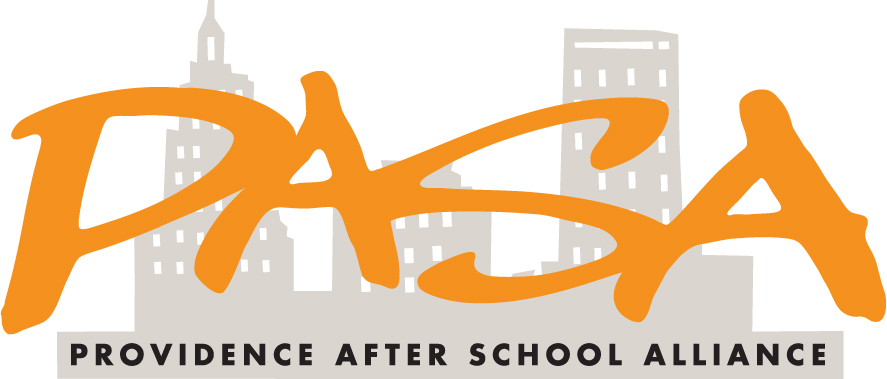
By Hillary Salmons, PASA’s Executive Director

I just returned from Fogo Island in Newfoundland as part of my Initiative for Nonprofit Excellence fellowship from the Rhode Island Foundation, where I went to explore new angles on community efforts that are truly collective, strategic, and result in community-wide impacts—something we here at PASA and in the systems-building field think about all the time.
Fogo has been a fishing community for generations, but when overfishing regulations were put into place in the 1990s, Fogo—like so many communities that relied on a single industry for economic strength—began to struggle economically. Now this tiny island community has begun a collective revitalization effort that weaves together the cultural heritage of their island with an economically diversified future that incorporates social enterprise, the arts, and preserving and placing value on local traditions.
I spent my time on Fogo camping and exploring the gorgeous landscape, learning about its history, and, because its inhabitants are so warm and welcoming, I found myself being invited daily to strangers’ homes for tea and conversation. One couple even invited me to camp in their backyard for a few nights! During my stay on the island, I also managed to bump into a caribou who decided he was not too happy about my catching him eating the neighbors’ cabbages.
In addition to surviving an impending caribou charge, I spoke with a wide variety of community members and island elders who share the same kinds of goals that we do—community ownership and the ability to build upon local assets and traditions! The people of Fogo have a long and rich cultural history, a legacy of arts and crafts styles specific to their island, and the natural beauty of the Newfoundland landscape on which to build the foundation of a bright future.
Together, they’ve tapped these resources to create artist studios that are modernized takes on their traditional salt box houses and that attract international artists as part of an artist residencey program that  emphasizes the inspiration and quiet of the landscape. They’ve also created a hotel—the Fogo Island Inn—that serves to draw tourism and funnel money back into the community. The Inn is decorated and furnished with pieces created on the island by community artists and artisans. Quilts, clothing, and other items made by island residents are also sold in the Inn.
emphasizes the inspiration and quiet of the landscape. They’ve also created a hotel—the Fogo Island Inn—that serves to draw tourism and funnel money back into the community. The Inn is decorated and furnished with pieces created on the island by community artists and artisans. Quilts, clothing, and other items made by island residents are also sold in the Inn.
In keeping with the spirit of entrepreneurship, the Shorefast Foundation of Fogo has established a micro-finance fund to support the growth of locally owned businesses and other entrpreneurial endeavors.
Learning about how Fogo is establishing an innovative, multi-faceted, and sustainable community strategy, I also came to appreciate all the hard work our field has done in developing measures and transparent accountability systems to ensure our communities (youth, providers, families, and teachers) reap tangible benefits from what we do.
Fogo is in the nacent stages of their systems-building process and as I got to know the friendly residents of the island, they spoke of their excitement and optimism about new possibilities for their community, while also noting that they would need to find a way to ensure transparency around accountability to make sure that the entire community benefits from the collective system.
It’s my hope that communities like Providence, and organizations like PASA, can learn from the community-driven change of places like Fogo and that they, in turn, can learn from the infrastructure and accountability measures that we in the systems-building field have established.
